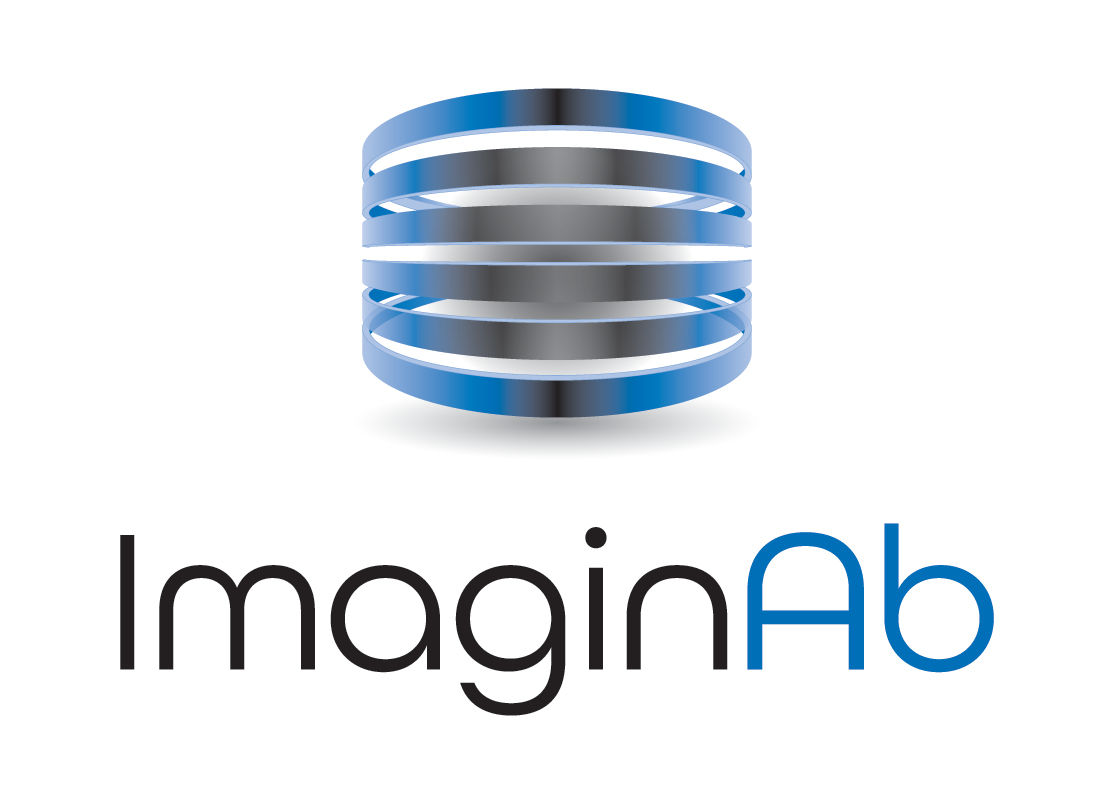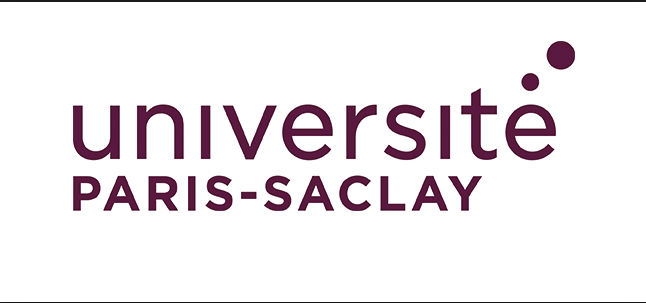预约演示
更新于:2025-05-07
Stichting Onderzoek Cancer Center Amsterdam
更新于:2025-05-07
概览
标签
肿瘤
呼吸系统疾病
感染
纳米抗体
抗体偶联核素
诊断用放射药物
疾病领域得分
一眼洞穿机构专注的疾病领域
暂无数据
技术平台
公司药物应用最多的技术
暂无数据
靶点
公司最常开发的靶点
暂无数据
| 排名前五的药物类型 | 数量 |
|---|---|
| 诊断用放射药物 | 1 |
| 纳米抗体 | 1 |
| 抗体偶联核素 | 1 |
| 单克隆抗体 | 1 |
| 化学药 | 1 |
| 排名前五的靶点 | 数量 |
|---|---|
| SARS-CoV-2 S protein(新冠病毒刺突蛋白) | 1 |
| CD8A | 1 |
| CD1d(CD1d抗原) | 1 |
关联
8
项与 Stichting Onderzoek Cancer Center Amsterdam 相关的药物靶点 |
作用机制 CD8A抑制剂 |
在研机构 |
原研机构 |
最高研发阶段临床2期 |
首次获批国家/地区- |
首次获批日期- |
作用机制 新冠病毒刺突蛋白中和作用 |
在研适应症 |
非在研适应症- |
最高研发阶段临床前 |
首次获批国家/地区- |
首次获批日期- |
靶点 |
作用机制 CD1d抑制剂 |
在研适应症 |
非在研适应症- |
最高研发阶段临床前 |
首次获批国家/地区- |
首次获批日期- |
454
项与 Stichting Onderzoek Cancer Center Amsterdam 相关的临床试验NCT06935825
Respiratory Muscles in End-stage Lung Disease:
PAthophysiological Processes & Clinical Consequences
Rationale: In patients with chronic lung diseases, the role of respiratory muscle dysfunction has been underestimated. Also, current treatment options, like chronic NIV and lung transplantation (LTx), might also have deleterious effects on the respiratory muscles, and the mechanisms are poorly understood.
Therefore in this exploratory study the objectives are to:
1. Determine in vivo respiratory muscle function and progression of respiratory muscle dys-function in end-stage COPD patients
2. Establish the correlation between changes in the structure and contractility of respiratory myofibers and in vivo respiratory muscle function.
3. Establish the effect of chronic NIV on structure and contractility of respiratory muscle fi-bers
4. Determine whether the structure and contractility of respiratory muscles cells at the time of LTx predicts clinical recovery post-LTx.
Study design: The study will be an exploratory observational cohort study following patients on the LTx waiting list during the waiting period and afterwards until they showed functional recovery of respiratory muscle function.
Study population: Adult COPD patients on the LTx waiting list will be included. Intervention (if applicable): None
Main study parameters/endpoints:
To assess clinical functioning of the respiratory muscles we will assess respiratory electrical activity as a measure of respiratory effort by surface EMG, and thickening fraction of the diaphragm and intercostal muscles and diaphragm excursions by ultrasound and maximal in- and expiratory pressure to assess muscle output; all before and after LTx. We will relate and correct these data for hyperinflation and degree of lung damage by using data from standard care lung function tests and CT scans, and will relate these measurements to prior treatment (NIV settings) and outcome after LTx, by retrieving these data from the EPD.
To assess contractility of respiratory myofibers and in vivo respiratory muscle function, biopsies will be taken during LTx surgery and the biopsies will be analyzed in the lab of Prof. Ottenheijm (AmsterdamUMC) for individual myofiber functioning (strength, calcium sensitivity, myofiber characteristics) and in the lab of Dr. Pouwels for extracellular matrix characteristics.
Nature and extent of the burden and risks associated with participation, benefit and group relatedness:
Overall, risks are believed to be minimal. The clinical measurements are non-invasive and/or regular performed in clinical practice. Also, we decided to do those measurements during regular control visits, limiting the burden for the patients. Taking biopsies from the respiratory muscles during surgery has been extensively performed without any risk; the biobank of the Ottenheijm group contains > 500 samples and never any complication has been observed. Also, in preparation of the present study we performed a pilot study in 12 COPD patients of whom.. biopsies were taken at the UMCG without side effects or complications. The biopsies will be done with the patients being under full anesthesia, so participants will feel no discomfort.
Therefore in this exploratory study the objectives are to:
1. Determine in vivo respiratory muscle function and progression of respiratory muscle dys-function in end-stage COPD patients
2. Establish the correlation between changes in the structure and contractility of respiratory myofibers and in vivo respiratory muscle function.
3. Establish the effect of chronic NIV on structure and contractility of respiratory muscle fi-bers
4. Determine whether the structure and contractility of respiratory muscles cells at the time of LTx predicts clinical recovery post-LTx.
Study design: The study will be an exploratory observational cohort study following patients on the LTx waiting list during the waiting period and afterwards until they showed functional recovery of respiratory muscle function.
Study population: Adult COPD patients on the LTx waiting list will be included. Intervention (if applicable): None
Main study parameters/endpoints:
To assess clinical functioning of the respiratory muscles we will assess respiratory electrical activity as a measure of respiratory effort by surface EMG, and thickening fraction of the diaphragm and intercostal muscles and diaphragm excursions by ultrasound and maximal in- and expiratory pressure to assess muscle output; all before and after LTx. We will relate and correct these data for hyperinflation and degree of lung damage by using data from standard care lung function tests and CT scans, and will relate these measurements to prior treatment (NIV settings) and outcome after LTx, by retrieving these data from the EPD.
To assess contractility of respiratory myofibers and in vivo respiratory muscle function, biopsies will be taken during LTx surgery and the biopsies will be analyzed in the lab of Prof. Ottenheijm (AmsterdamUMC) for individual myofiber functioning (strength, calcium sensitivity, myofiber characteristics) and in the lab of Dr. Pouwels for extracellular matrix characteristics.
Nature and extent of the burden and risks associated with participation, benefit and group relatedness:
Overall, risks are believed to be minimal. The clinical measurements are non-invasive and/or regular performed in clinical practice. Also, we decided to do those measurements during regular control visits, limiting the burden for the patients. Taking biopsies from the respiratory muscles during surgery has been extensively performed without any risk; the biobank of the Ottenheijm group contains > 500 samples and never any complication has been observed. Also, in preparation of the present study we performed a pilot study in 12 COPD patients of whom.. biopsies were taken at the UMCG without side effects or complications. The biopsies will be done with the patients being under full anesthesia, so participants will feel no discomfort.
开始日期2025-09-01 |
申办/合作机构 |
NCT06024772
Prostate Cancer Diagnosis by Multiparametric Ultrasound (Clinical)
This phase III trial compares the use of contrast-enhanced multiparametric ultrasound (mp-US) to multiparametric magnetic resonance imaging (mp-MRI) for the diagnosis of clinically significant prostate cancer (PCa). A mp-US is a procedure in which a probe that sends out high-energy sound waves is inserted into the rectum. The sound waves are bounced off internal tissues or organs and make echoes. The echoes form a picture of body tissue called a sonogram. Perflutren lipid michrosphere (Definity) is a contrast agent that uses microbubbles to enhance ultrasound images of the prostate. Doctors hope to learn if the Definity-enhanced mp-US imaging technique can accurately direct targeted biopsy for the detection of clinically significant prostate cancer when compared to standard of care mp-MRI.
开始日期2025-07-01 |
申办/合作机构 |
NCT06923475
Neoadjuvant Gemcitabine and Cisplatin in Combination With Perioperative Pembrolizumab Versus Upfront Surgery for Patients With Primary Resectable and Borderline Resectable Perihilar and Distal Cholangiocarcinoma (NEODISCO): A Multicentre Phase 2B/3 Randomized Controlled Trial
Extrahepatic cholangiocarcinoma (eCCA) is a rare and aggressive cancer with poor prognosis. ECCA can be further subcategorised in perihilar and distal cholangiocarcinoma (pCCA and dCCA). Surgical resection is the only potential cure, but only one-third of patients are eligible. Even among those deemed resectable, a significant portion (≈30%) experience disease progression before surgery, while another 30% are found unresectable during exploration. High recurrence rates and postoperative complications further limit survival, with 5-year overall survival ranging from 13% (R1 resection) to 40% (R0 resection). Given the long preoperative work-up period and lack of treatment during this phase, a neoadjuvant approach may improve outcomes by increasing R0 resections, reducing recurrence, and optimizing patient selection.
This multicenter, randomized phase 2B/3 trial aims to assess whether neoadjuvant gemcitabine and cisplatin plus perioperative pembrolizumab improves event-free survival in patients with resectable and borderline resectable pCCA and dCCA.
This multicenter, randomized phase 2B/3 trial aims to assess whether neoadjuvant gemcitabine and cisplatin plus perioperative pembrolizumab improves event-free survival in patients with resectable and borderline resectable pCCA and dCCA.
开始日期2025-05-05 |
申办/合作机构 |
100 项与 Stichting Onderzoek Cancer Center Amsterdam 相关的临床结果
登录后查看更多信息
0 项与 Stichting Onderzoek Cancer Center Amsterdam 相关的专利(医药)
登录后查看更多信息
100 项与 Stichting Onderzoek Cancer Center Amsterdam 相关的药物交易
登录后查看更多信息
100 项与 Stichting Onderzoek Cancer Center Amsterdam 相关的转化医学
登录后查看更多信息
组织架构
使用我们的机构树数据加速您的研究。
登录
或

管线布局
2025年10月09日管线快照
管线布局中药物为当前组织机构及其子机构作为药物机构进行统计,早期临床1期并入临床1期,临床1/2期并入临床2期,临床2/3期并入临床3期
药物发现
1
2
临床前
其他
5
登录后查看更多信息
当前项目
| 药物(靶点) | 适应症 | 全球最高研发状态 |
|---|---|---|
Zirconium (89Zr) crefmirlimab berdoxam ( CD8A ) | 非小细胞肺癌 更多 | 临床阶段不明 |
COVA1-18 ( SARS-CoV-2 S protein ) | 新型冠状病毒感染 更多 | 临床前 |
VHH1D17 ( CD1d ) | 肿瘤 更多 | 临床前 |
[甲基哌嗪-11C]布格替尼 | 肿瘤 更多 | 药物发现 |
VHH1D12 ( CD1d x TCR ) | 肿瘤 更多 | 无进展 |
登录后查看更多信息
药物交易
使用我们的药物交易数据加速您的研究。
登录
或

转化医学
使用我们的转化医学数据加速您的研究。
登录
或

营收
使用 Synapse 探索超过 36 万个组织的财务状况。
登录
或

科研基金(NIH)
访问超过 200 万项资助和基金信息,以提升您的研究之旅。
登录
或

投资
深入了解从初创企业到成熟企业的最新公司投资动态。
登录
或

融资
发掘融资趋势以验证和推进您的投资机会。
登录
或

Eureka LS:
全新生物医药AI Agent 覆盖科研全链路,让突破性发现快人一步
立即开始免费试用!
智慧芽新药情报库是智慧芽专为生命科学人士构建的基于AI的创新药情报平台,助您全方位提升您的研发与决策效率。
立即开始数据试用!
智慧芽新药库数据也通过智慧芽数据服务平台,以API或者数据包形式对外开放,助您更加充分利用智慧芽新药情报信息。
生物序列数据库
生物药研发创新
免费使用
化学结构数据库
小分子化药研发创新
免费使用




